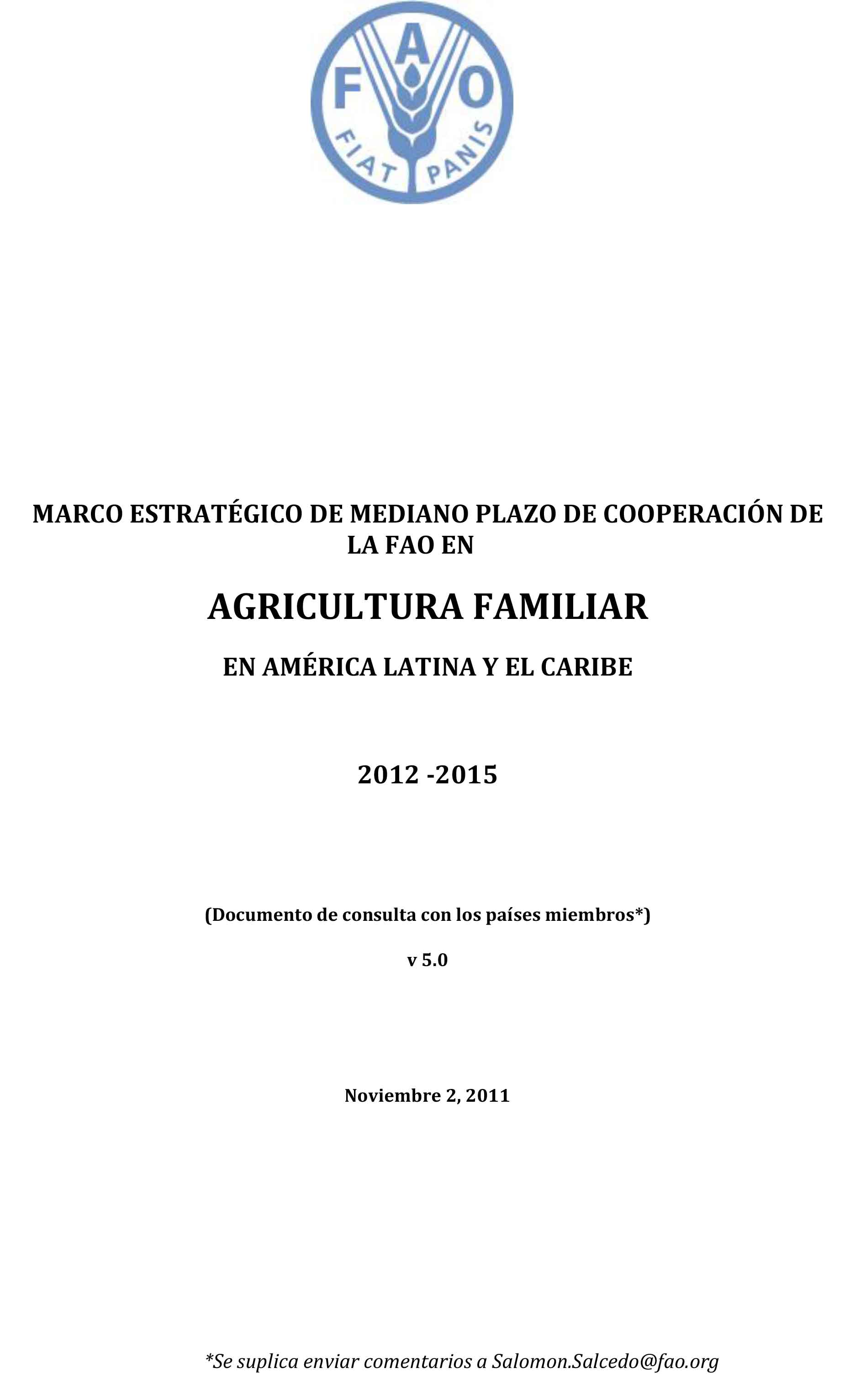Food for education in Bangladesh
Pervasive poverty and undernutrition persist in Bangladesh. About half the country’s 130 million people cannot afford an adequate diet. Poverty has kept generations of families from sending their children to school, and without education their children’s future will be a distressing echo of their own. Furthermore, from birth, children from poor families are often deprived of the basic nutritional building blocks that they need to learn easily. Consequently, the pathway out of poverty is restricted for children from poor families.












